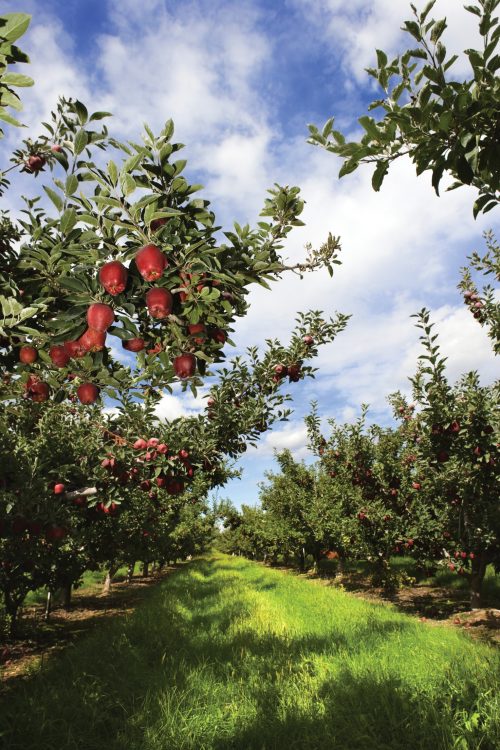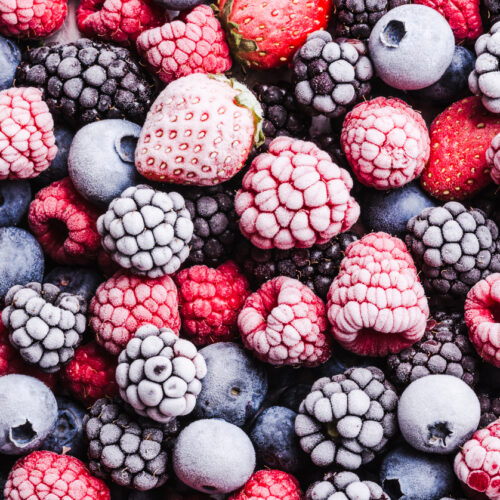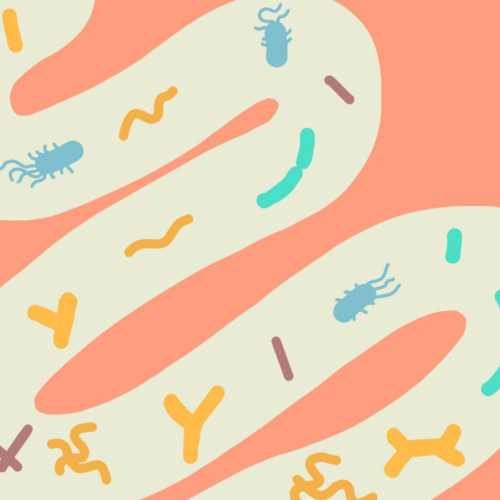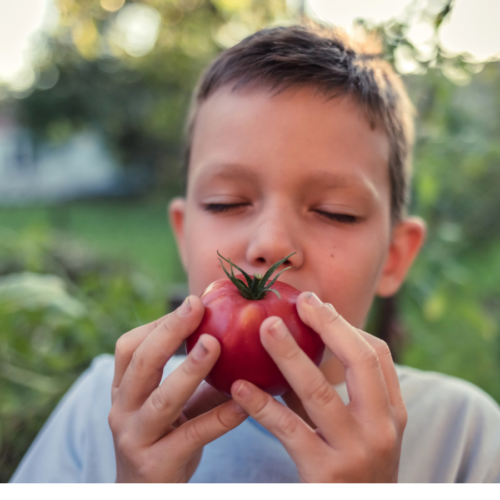
Pesticides are harmful to us, aren’t they?
Pesticides are substances that are used to limit the damage to crops caused by pests, including insects, weeds and fungi. The idea of a pesticide is to kill the pest without harming the crop (or the humans who eat the crop).
Some pesticides, namely insecticides, designed to interfere with the nervous impulses in insects, could be harmful to humans at certain levels. Research suggests there are risks to people who work with the chemicals – what’s known as ‘occupational exposure’. However, the amounts we as consumers are exposed to when we eat the produce are much, much less.
A US study with women recruited at prenatal clinics serving an agricultural community suggested children exposed to organophosphate pesticides while still in their mother’s womb could be more likely to develop attention disorders years later. Another small study with vineyard workers found those who had been directly exposed to pesticides were more likely to perform worse in cognitive tests after several years. The case is far from proven for low occupational exposures, and much more research is needed, but common sense dictates caution when working with pesticides.
I know sprays and pesticides are used on food crops, so should I worry about these on my food?
Many people are concerned about pesticide residues on food crops, and there is lots of scary information online about this in other countries. However, in New Zealand we don’t think there is cause to worry.
The New Zealand Food Safety Authority (NZFSA) regularly tests for chemical residues in our foods, and it has found nothing of any health concern to date. To estimate our exposure to chemical residues in foods, the NZFSA conducts a five-yearly ‘Total Diet Study’. The last study in 2009 sampled and tested 123 commonly eaten foods. While some traces of pesticides and other chemical contaminants were found, there were none above the Acceptable Daily Intake (ADI) of any pesticide. This is the amount of pesticide that could be ingested daily for an entire lifetime without ill effect.
NZFSA project manager Cherie Flynn said, “We expected (to pick up more pesticide residue) because laboratory equipment is getting more sophisticated and tests more sensitive. We can pick up residues at levels well below those that would have been detected in the past.”
If I am worried about pesticides, is there anything I can do about it?
Trim and wash your produce well. In the tests conducted by the NZFSA, some residues were found on celery and spinach. Because of the shape of these plants they are more susceptible to collect residues in the base of the plant, which would otherwise wash off in the rain. The plants tested were not trimmed or washed, so the results reflect the worst case. And while the residues found were well below the ADI, growers have been reminded of the need to follow good agricultural practices.
Washing produce is also good practice to avoid bacterial contamination. While this is rare, leafy vegetables are more susceptible, so remove the outer leaves of a lettuce and wash the rest thoroughly to get rid of any bacteria that might be present.
Is organic produce better for me because of fewer chemicals?
Organic farming does not use the chemical pesticides which are used in conventional farming, although other natural pesticides may be used. These are monitored in the same way that chemical pesticides are, to make sure the levels in foods are below the ADIs.
The NZFSA says there is no evidence to suggest organic foods are any more or less safe than conventionally-grown foods. Dr John Reeve, toxicologist at the NZFSA says: “There is no measurable difference in health risk posed by eating produce from either method of production. Just because organic production uses ‘natural’ as opposed to synthetic agricultural compounds does not make it inherently safer.” It pays to also remember that even organic produce can be contaminated by dirt and bacteria, so washing is still important.
Organic farming does have less impact on the environment, and this is a good reason to buy organic. There is currently no evidence to suggest that organic produce has any extra health benefits above conventional produce. Organic produce can sometimes be more expensive than conventional produce, and we think it is important to make sure that if you choose organic, the extra expense doesn’t mean you buy fewer vegetables and fruit.
In the end, ‘more is better’, especially when it comes to vegetables.
www.healthyfood.com











